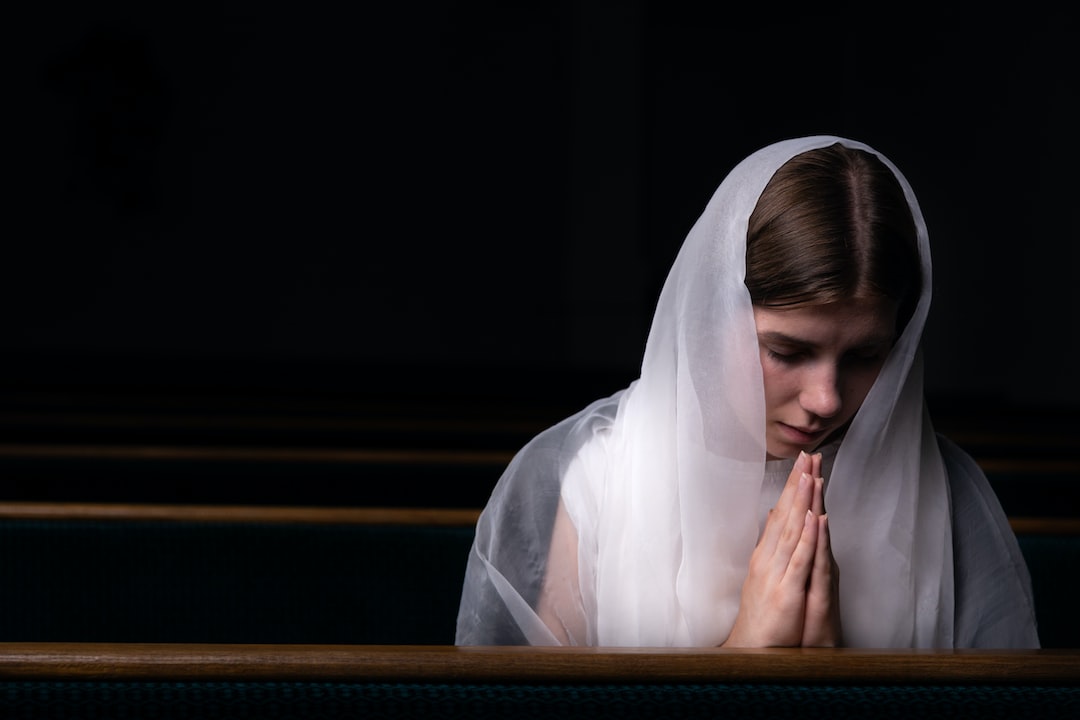Faith and the LGBTQ+ Community: Navigating Intersectionality and Inclusion
The question of faith and its relationship with the LGBTQ+ community has long been a contentious issue. As society progresses towards greater acceptance and equality, it becomes increasingly important to explore and understand the intersectionality between faith and sexual orientation or gender identity. By fostering dialogue and promoting inclusivity, we can work towards bridging the gap between these two seemingly disparate worlds.
Intersectionality refers to the interconnectedness of various aspects of a person’s identity, such as race, gender, class, and sexual orientation. It acknowledges that individuals hold multiple identities that intersect and influence their experiences. When considering the intersectionality of faith and LGBTQ+ identities, it is essential to recognize that religious beliefs and sexual orientation or gender identity are not mutually exclusive.
For many LGBTQ+ individuals, faith can be a central component of their lives, providing comfort, guidance, and a sense of community. However, historically, numerous religious institutions have condemned or marginalized LGBTQ+ individuals, resulting in tensions and feelings of exclusion. In navigating this complex terrain, it is important to foster dialogue and promote inclusivity within religious spaces.
One way to promote inclusivity is through education and shifting theological perspectives. Many religious texts can be interpreted in multiple ways, and it is crucial to embrace a more progressive understanding of scripture that affirms the dignity and worth of all individuals, regardless of their sexual orientation or gender identity. By encouraging open discussions and promoting dialogue around these interpretations, religious communities can work towards creating an environment that is welcoming and affirming for everyone.
However, it is equally important to acknowledge that some individuals within the faith community may find it challenging to reconcile their religious beliefs with LGBTQ+ identities due to deeply ingrained cultural norms or conservative interpretations of religious texts. In order to address this, it is necessary to approach these conversations with empathy and respect, recognizing that personal beliefs can evolve over time.
Interfaith dialogue is another essential aspect of promoting inclusivity and understanding. Recognizing that different religious traditions hold varying views on LGBTQ+ issues, engaging in conversations across faiths can provide a broader perspective and foster understanding. Interfaith initiatives and events that bring together LGBTQ+ individuals, religious leaders, and community members can help break down barriers and build bridges of empathy and understanding.
Faith-based organizations can play a crucial role in fostering inclusivity by becoming allies and advocates for the LGBTQ+ community. By actively working to eliminate discrimination and promoting supportive policies and practices, these organizations can create safe spaces where LGBTQ+ individuals feel valued and accepted. This can include providing affirming resources, hosting support groups, or organizing educational workshops on LGBTQ+ issues.
Furthermore, as society becomes increasingly diverse, it is crucial for faith communities to recognize and celebrate the intersectionality within the LGBTQ+ community. LGBTQ+ individuals come from various backgrounds, including different races, ethnicities, and cultures. By embracing and embracing this diversity, religious spaces can create a sense of belonging for all individuals, regardless of their unique identities and experiences.
While progress has been made, it is important to acknowledge that the path towards intersectionality and inclusion is not always easy. Hateful rhetoric and discriminatory practices continue to marginalize LGBTQ+ individuals within some religious communities. Allies within these faith spaces must stand alongside the LGBTQ+ community, advocating for their rights and challenging oppressive views.
In conclusion, the intersectionality between faith and the LGBTQ+ community is a complex yet vital area of exploration. By fostering dialogue, promoting inclusivity, and engaging in interfaith initiatives, faith communities can work towards creating spaces where individuals of all sexual orientations and gender identities feel valued, respected, and accepted. Recognizing that faith and LGBTQ+ identities are not mutually exclusive, it is essential to embrace an evolving understanding of scripture and challenge discriminatory norms. Only through these efforts can we bridge the gap between faith and the LGBTQ+ community, moving towards a future that celebrates and affirms the diverse identities within both realms.
